Reports from various Spanish citrus growing regions agree that the orange market is sluggish, with a downturn in commercial transactions. In Alicante, the most recent reports from the Council of Agriculture reveal only a limited amount of transactions with the late varieties Valencia Late and Valencia Barberina/Midknight. "Prices are also slightly lower, as retailers are showing little interest due to weak demand, as well as the fact that the European market is flooded with oranges from Egypt," says Jesús Pardines, manager of Orifruit.
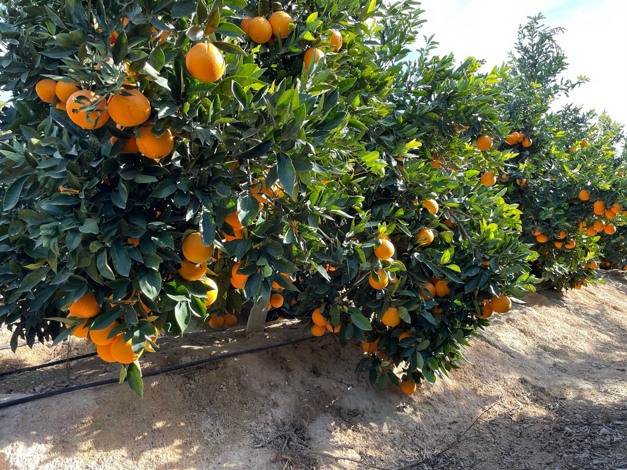
The figures available show a clear increase in the volume imported by the EU since the beginning of the year, mainly from Egypt. The latest data on the EU-27's orange imports sorted by country reveal, in fact, that in the first two months of this year, Spain was one of the countries that imported significantly greater volumes from Egypt, compared to the same period last season, with an increase of more than 14%. However, this trend changed in March and the volume of Egyptian oranges decreased compared to February, and also compared to the same month last year.
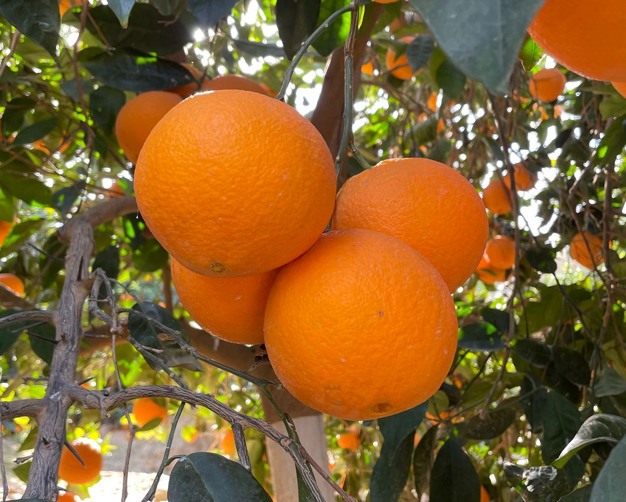
"At the moment, the most demanded sizes are the smaller ones, as Egypt might have reduced the volume of sales of those sizes," says Jesús. "However, the most demanded sizes throughout the campaign had been the larger ones. We also see a bit more demand for juicing oranges, perhaps because with the onset of warm weather, the consumption of orange juice increases."
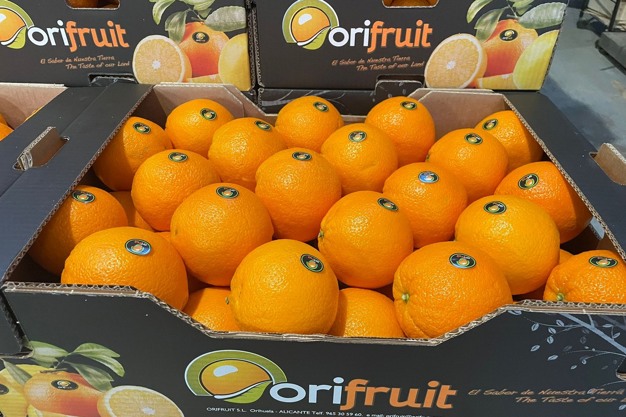
"Until about December 15, there was a very good demand for the Navelina because of the fruit's scarcity. At the beginning of every campaign, there is demand for fruit with a good amount of juice, good quality and color, which tends to be scarce; however, Egypt quickly arrived and they pushed us out from the market. Even in the processing sector."
The entry of foreign fruit has caused the price paid by processing factories "to drop significantly in a short time," he says. "From the 35 cents per kilo paid earlier to the current 20 cents. The situation is even worse for lemons, although for a different reason, because the industry is paying 1 cent per kilo at best."
"Fortunately, we are not working with large volumes in bulk, but with small quality brands, so we are in a better position to keep the prices up in our most important markets, including Germany, France, the UK and Poland, and the demand has remained stable. Things would have gone very differently, otherwise."
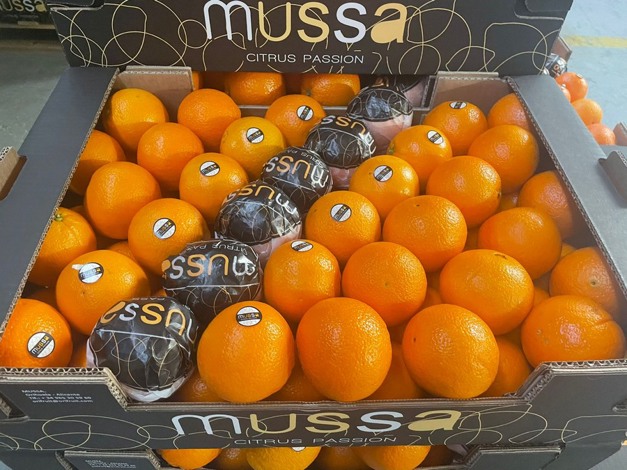
"Despite how things have gone so far, it's important to remember that we will have fresh, quality fruit from the Spanish campaign until June"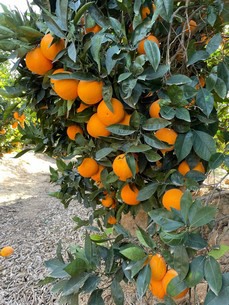 The prices at origin of the Spanish fruit have been declining, from the highest of the last ten campaigns in mid-December to below the average of the last 5 years in the first week of April, according to the Spanish Ministry of Agriculture, Fisheries and Food. It's a consequence of the pressure exerted by Egyptian oranges, which according to data provided by the European Commission, have entered the European market at an average price of 57 cents per kilo up until February, which is significantly lower than acceptable for Spanish oranges.
The prices at origin of the Spanish fruit have been declining, from the highest of the last ten campaigns in mid-December to below the average of the last 5 years in the first week of April, according to the Spanish Ministry of Agriculture, Fisheries and Food. It's a consequence of the pressure exerted by Egyptian oranges, which according to data provided by the European Commission, have entered the European market at an average price of 57 cents per kilo up until February, which is significantly lower than acceptable for Spanish oranges.
"Despite how things have gone so far, it's important to remember that the Spanish campaign is still underway. In about 15 days, the late varieties Valencia, Powel and Chislett will enter their final phase, and now we are starting with the Valencia Late, so we will have quality fruit, freshly-picked from the trees, until June. In Spain, we have the best fruit in the market when it comes to organoleptic characteristics and guaranteed food safety," says Jesús, "and Spanish oranges are highly appreciated in the European market. They just don't want to pay for them."
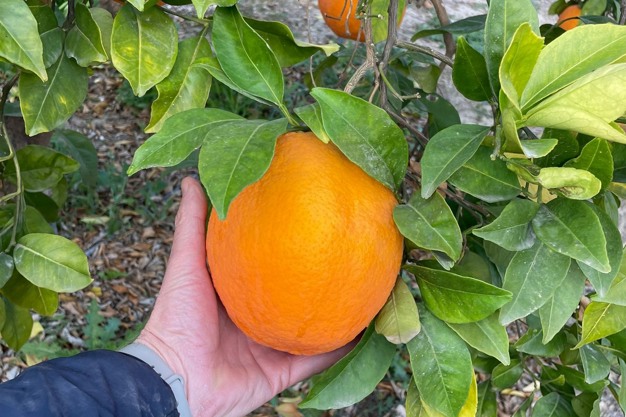
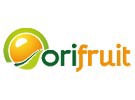 For more information:
For more information:
Orifruit
Camino de Enmedio nº4
El arenal. Orihuela, Alicante. Spain 03311
Tel.:+34 605 664 338
[email protected]
http://orifruit.com










